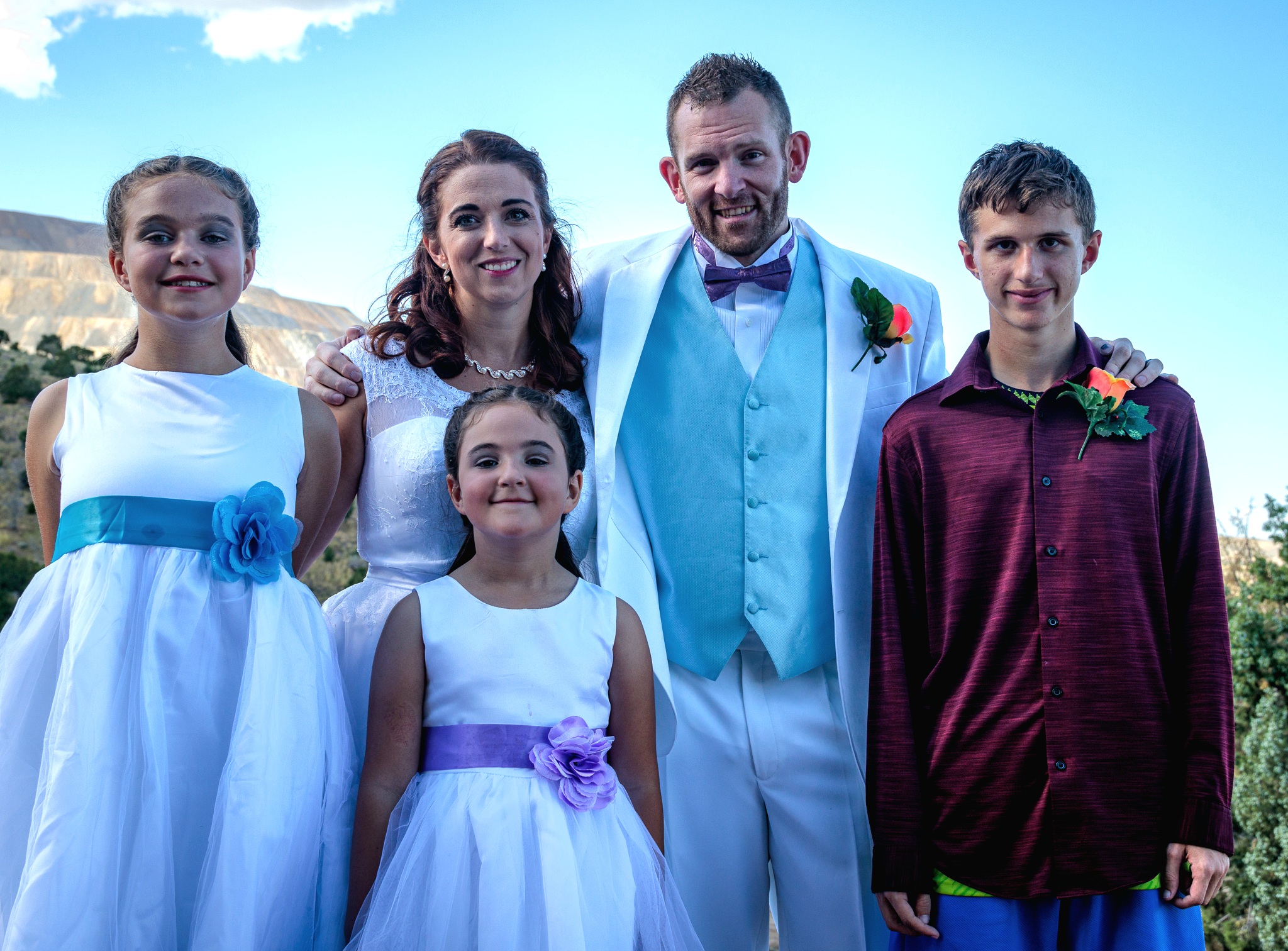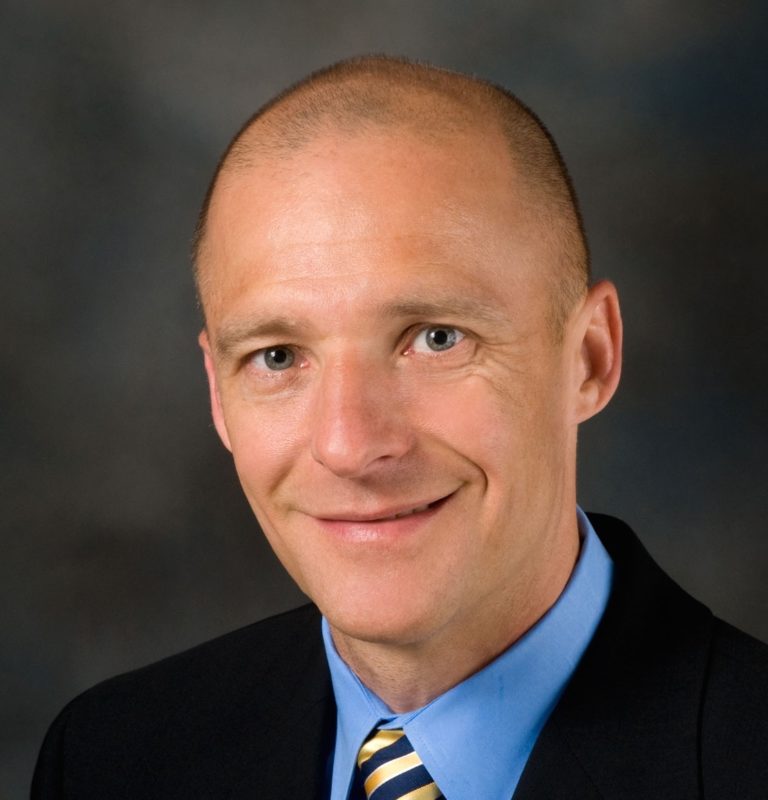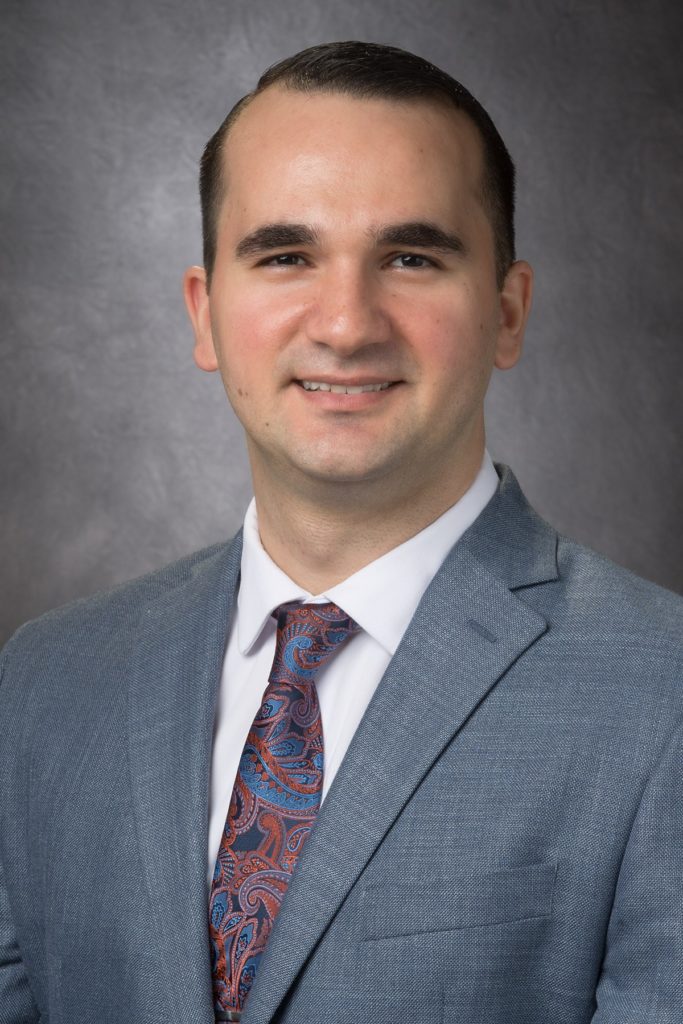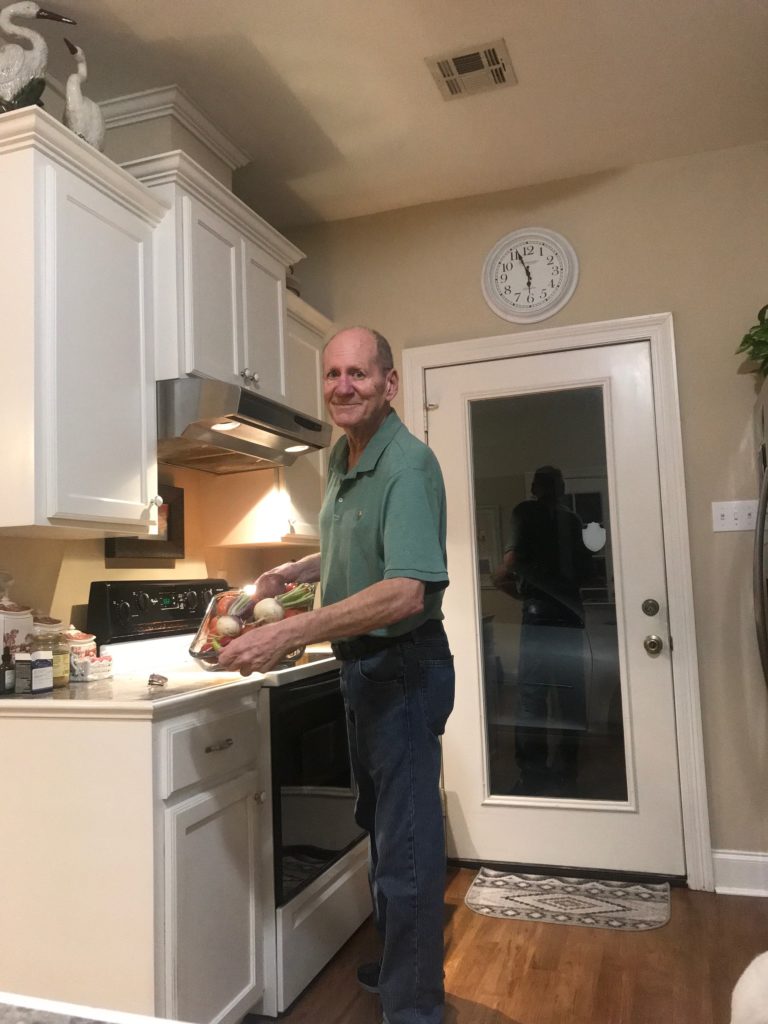
Amanda hopes her cancer journey is a positive example for her kids
April 22, 2024
This is a guest post by Amanda Reitz, a mother of three children who were 13, 9, and 5 years…
Read More
By D’Ann George, PhD, Medical Writer
Standing on the bank of a waterway that winds through French Cajun Country in Louisiana, Keith Thibodeaux felt such intense vertigo, he feared he might fall into the water. His first impulse was to deny what he was experiencing. Since his clear cell, renal cell carcinoma (ccRCC) diagnosis and nephrectomy in 2020, Thibodeaux had gotten pretty good at ignoring the strange symptoms that kept dogging him.
Denial felt second nature to Thibodeaux, a self-described “alpha male” who didn’t like to admit any sort of weakness. The only child of a marine sergeant, as an adult he worked as a cyber security risk assessor, jetting around twice a month to locations all over the country. Often, he worked with hospitals to make sure patient privacy laws weren’t being compromised.
“I was still at the top of my game career wise,” remembered Thibodeaux. “Still a bit cocky.”
After his nephrectomy, done on a Wednesday, Thibodeaux was back at work the following Tuesday, albeit from home, since the pandemic was in full force. He felt reassured by the sophisticated robotic surgery at MD Anderson, where surgeons vacuum bagged his kidney before removing it to ensure no cancerous cells would escape.
“They thought they got it all,” said Thibodeaux.
Like many people who undergo nephrectomy, Thibodeaux’s care team scheduled him to return for follow up scans of his torso and abdomen at routine intervals, a protocol that his team did not plan to change–unless he felt and reported new symptoms.
His wife recognized that something was wrong first.
“She knew five months before I did,” Thibodeaux said. “I would start talking and then just kind of fade off. Wouldn’t necessarily finish my sentences. She told me, ‘you’re moving like an 80 year old.’ And I’m 65.”
When his wife finally convinced him to get a medical evaluation, radiologists looked for evidence of a stroke through an MRI of his brain. Instead, they found three cancerous lesions.
About 15% of people with advanced RCC will develop brain tumors, and the prognosis for such cases is generally poor. People with brain tumors from RCC may experience dizziness, headaches, nausea, and other neurological symptoms.
Finding brain tumors early–even before people become symptomatic–is key to increasing responsiveness to therapy, according to Dr. Eric Jonasch, a medical oncologist and kidney cancer expert at MD Anderson Cancer Center.
“When they’re small, they’re actually fairly easy to treat . . . but when they get bigger, then they become a bigger problem to manage. So that’s why finding them–even if they’re not symptomatic–finding them early is important,” said Jonasch.
Finding brain tumors before people become symptomatic requires getting a brain MRI, said Jonasch. While people with other types of cancer like breast cancer, lung cancer, or melanoma typically receive brain scans once they present with metastatic disease, people with RCC often do not, even though treatment guidelines such as those from theNational Comprehensive Cancer Network (NCCN) recommend that they do.
Dr. Elshad Hasanov, a medical oncologist at MD Anderson Cancer Center, believes that brain scans will become more routine for people with advanced RCC as the field increasingly acknowledges that brain metastases in this group happen more frequently than once understood. Hasanov received a KCA Young Investigator Award in 2021 to better understand brain metastases as a result of kidney cancer.
People diagnosed with metastatic RCC should receive an initial MRI of the brain plus a repeat scan once a year, advised Jonasch.


The standard treatment for someone with a brain tumor is irradiation, either to the whole brain or to specific tumor sites. The preferred technique, said Jonash, is focused beam radiation, though the choice of treatment also depends on the number of lesions.
The likelihood of a tumor growing after a treatment with focused beam radiation is very low, said Jonasch.
“We’re very good at fixing the spot. What we’re not so good at is preventing new spots. We need new medicines that will prevent new tumors from growing.”
Jonasch and Hasanov will soon launch a clinical trial for a drug combination that will target brain tumors from RCC.
“We’re using [a novel combination] of lenvatinib (Lenvima) plus pembrolizumab (Keytruda) to test the idea that . . . we can control spots that exist in the brain that haven’t been given radiation yet, and more importantly, may prevent the development of new spots in the brain,” said Jonasch.
One of the tricky aspects to treating brain metastases is that the brain’s own protective barrier seems to repel the immune cells that immunotherapies are designed to produce. Using lenvatinib plus pembrolizumab – a tyrosine kinase inhibitor and immunotherapy, respectively – Jonasch and Hasanov are conducting a clinical trial to test the idea that it is possible to increase the number of immune cells that get into the brain. Even patients who have already completed radiation and a first line of immunotherapy will be eligible for the trial, said Hasanov.
In a different research study, Hasanov is using tissue samples, donated by people who had undergone removal of RCC-related brain metastases, to better map what the immune system in the brain looks like.

“We want to understand what needs to be done to help wake up the immune system in the brain to be able to fight the metastases,” said Jonasch.
Since Thibodeaux completed targeted radiation for his brain tumors, he has begun a course of cabozantinib (Cabometyx). On a private Facebook group for people taking Cabometyx, he serves as a “cheerleader,” encouraging people that the side effects, which can be considerable and commonly include diarrhea, fatigue, hypertension, nausea, and decreased appetite, are manageable.
“They’re no fun, but the drug keeps me alive,” he said. “And most people don’t even know I’m sick.”
When he first took cabozantinib, food tasted like metal. He lost his appetite. Then slowly, over about five months, he got it back. Then Thibodeaux resumed one of his favorite hobbies–cooking.
“Gumbo, jambalaya. It is a tradition here for men to learn to cook. I don’t know what it’s like in other parts of the country, but here a Cajun man, to be a man, is expected to know how to cook. We’re just starting to grill a little bit again. I actually had my first steak in months the other day. Ah, that was great.”